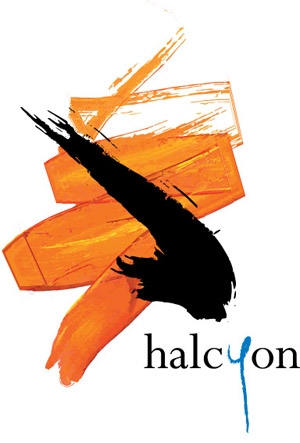Review by Ivan Moody, Gramophone, October 2022
Banks Vocal and Chamber Music
The Australian Don Banks, who died prematurely at the age of 56, was a significant figure in the musical life of Britain as well as that of his native country, and it is with real enthusiasm that I welcome this new recording of works by him that will surely be unknown to most. Banks studied with Mátyás Seiber, but also briefly with Milton Babbit and Luigi Dallapiccola, thus cementing his impeccable modernist credentials; but it should not be forgotten that he was also an expert jazz performer and a writer of film music, which enabled him to earn his living in Britain until the time came for him to return to Australia. He was also engaged in the promotion of Australian contemporary music with such societies as the SPNM.
This wide-ranging anthology begins with the Horn Trio (1962), an expansive, lyrical piece that uses atonality freely and imaginatively, and shows very well, as the booklet notes by Daniel Herscovitch point out, the influence of Dallapiccola in its use of motivic interplay. Bank’s lyrical gifts are well to the fore in the second movement, Adagio espressivo, and this seems to me easily the most impressive movement of the work. Five North Country Folk Tunes date from nine years before the Trio. Written for Sophie Wyss, their style is certainly more conventional but Banks knows how to undermine and side-step harmonic progressions one might normally expect, giving the melodies an unexpected twist.
Prologue, Night Piece and Blues for Two (1968) is definitely in the jazz idiom but is not as challenging as one might perhaps expect. It is, however, very affecting, and, once again, the slow movement, the ‘Night Piece’, is the (evening) star of the show. Three Studies for cello and piano (1954) show Banks processing what he learnt from Dallapiccola but they are far from dry exercises: one gets a sense of the flexing of his muscles here for greater things to come. The Piano Sonatina is an early work, dating from 1948. It was performed by the composer in Melbourne before he left for London, and, as Herscovitch notes, it is not obvious where the influences for this beautifully constructed, freely chromatic work would have come from. At any rate, it must have been of interest to Seiber, one imagines. In many ways the Violin Sonata from 1953 feels like a continuation and fulfilment of that work, saying a great deal in a short time.
Tirade (1968) is in many respects the highlight of this recording. It sets a poem by Peter Porter dealing with the cultural inferiority complex suffered (unnecessarily) by so many Australian artists until relatively recently. A massive array of percussion, harp and piano support the solo voice. It’s a gripping piece, and worth the price of the physical disc on its own. Performances throughout are excellent and more than committed, though I feel that a couple of the chamber works could have benefited from more reverberant acoustics. It is invidious to single out any particular performer but I’m going to do it anyway: mezzo-soprano Jenny Duck-Chong is the glue of Tirade and therefore, for me, of the whole album.
Ivan Moody
This review appeared in Gramophone

